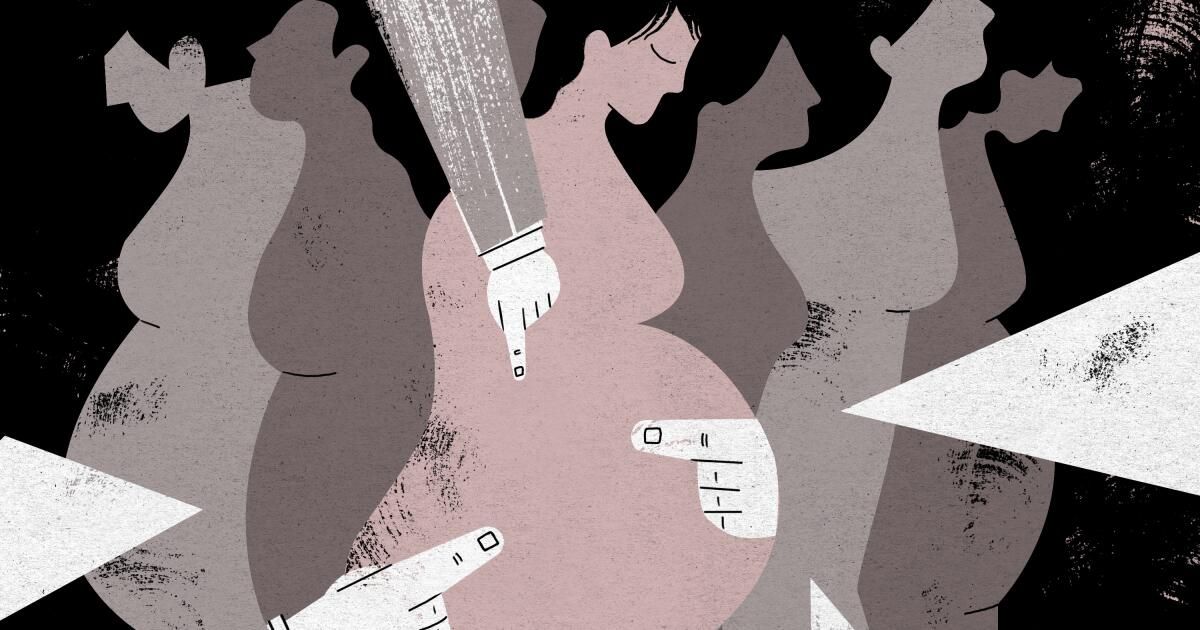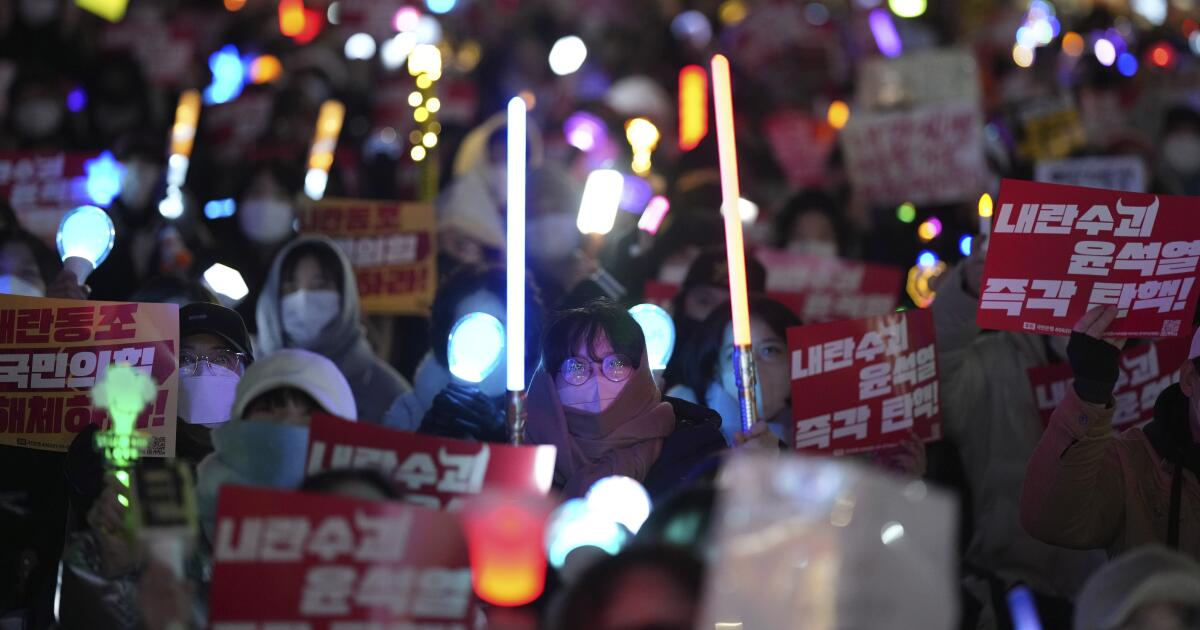The 19th-century “doctrine of maternal impression” held that a woman's thoughts and experiences could physically mark her child. Someone who was born with a strawberry-shaped birthmark must have had a mother who craved strawberries during childbirth. The family of Joseph Merrick, known as the Elephant Man, said publicly that his disability was caused by his pregnant mother's terrifying encounter with an elephant.
This pseudoscience was promoted by the medical manuals of the time, according according to cultural historian Karen Weingarten, and by American doctors long after their British counterparts abandoned it. An 1869 book, “The Physical Life of Woman” by George H. Napheys, warned that children would be born “idiots or deformed” from “the influence of some severe mental shock received by the mother during her pregnancy,” with the implication that she should have avoided it. If a child deviated from the norm in any way, it had to be the pregnant woman's fault in some way.
I thought about that myth recently when President Trump once again offered scientifically unproven medical advice to pregnant women, in the form of an all-caps message. mail on Truth Social on October 26, telling them not to take acetaminophen so as not to have autistic children. Trump's own Food and Drug Administration and the American College of Obstetricians and Gynecologists found insufficient evidence of the link, but for Trump and his Health and Human Services Secretary, Robert F. Kennedy Jr., it is an obsession.
Trump previously suggested that women who need pain relief during pregnancy simply “Bear it.” And at an October Cabinet meeting, Trump nodded approvingly as Kennedy rambled about a video he said he saw in which a woman was “gobble Tylenol with your baby in your placenta” to spite the president. (A fetus grows in the womb, not the placenta.) Opposition to Trump, Kennedy marveled, “could overwhelm millions of years of maternal instinct to put her baby at risk.” She added that “anyone who takes these things during pregnancy unless necessary is irresponsible.”
In their eagerness to stigmatize autism and autistic people, both men display an understanding of science and human anatomy that should have been left in the 19th century. They are also exposing the latest version of America's centuries-long obsession with controlling pregnant bodies, a version with devastating real-life implications. The notion that selfish pregnant people are a risk to their own fetuses has been weaponized to prosecute them for addiction, miscarriages, and stillbirths, even as the standard of gestational perfection constantly shifts.
In my new book, “Unbearable,” I write about an Alabama woman named Hali Burns who was arrested in her son's hospital room in 2022, just six days after giving birth, and was charged with child endangerment with chemicals. Burns had struggled with opioid addiction and took maintenance medications that he sometimes couldn't afford.
When she tested positive twice for drug use during her prenatal check-up, the response was not to offer her treatment, but to lock her up, even though her son was healthy. Burns spent months in jail, was denied proper medical care and supplies, and was told he could only post bail with $10,000 cash and a confirmed place in rehab. The county jail in which she was confined contained so many pregnant and postpartum women with similar charges that four of them shared a cell, nicknamed “the chemical crew.”
Burns had the misfortune of living in Etowah County, Alabama, a rural northeastern county that has aggressively charged women under “chemical endangerment” laws originally designed to control child neglect. Based on the theory that embryos and fetuses are the same as children already born, Alabama has long allowed pregnant people to be charged under the law. This is how the State has led the nation in criminalizing pregnant people, according to data by Pregnancy Justice, a legal advocacy group that helped represent Burns in court. Only between 2022 and 2024, the group found that Alabama charged 192 people for conduct related to their pregnancies.
Ironically for a state that bills itself as pro-life, if Burns had had an abortion (still legal in Alabama at the time) she might never have seen the inside of a cell. Instead, although she was ready to enter treatment for her addiction, she was punished with the loss of her freedom, her dignity, and custody of her two children, the consequences of which she still faces even after years of sobriety. Burns' story demonstrates what happens when we treat pregnancy not as a human experience worthy of support, but as a crime scene; when we see pregnant women not as people but as vessels that must be watched, controlled and punished.
In some ways, the United States has only updated, never replaced, the myth of maternal impressions. In the 1980s, the crack panic led to the widespread criminalization of mothers, mostly black women, based on what turned out to be extremely flimsy evidence of fetal harm. Even evidence-based public health has moved into what sociologist Miranda Wagoner called “trimester zero,” which expects women to act as if they could be pregnant at any time and follow the health dictates of the moment even if they are not pregnant.
The post-Dobbs era has put this into overdrive. Most of the 412 pregnancy criminalization cases documented by Pregnant Justice nationwide in the two years since Dobbs involved substance use. However, in 29 of those cases, the allegations against the women included a lack of prenatal care. This in a country where, according According to the March of Dimes, 35% of counties lack meaningful access to pregnancy care. The anti-abortion movement has often said that patients will not be criminally charged for abortions that are now illegal, but police and prosecutors have had other ideas. Nine of the cases involved charges brought against pregnant women for obtaining, attempting or investigating an abortion.
While offering bans only to women, both Trump and RFK have urged women to have more children; RFK called the birth rate a “national emergency.” But who, if given the choice (increasingly elusive), would rush to have more babies when you're treated like a vector of harm rather than a human being?
Irin Carmon is a senior correspondent for New York magazine and author of the new book. “Unbearable: Five Women and the Dangers of Pregnancy.”












